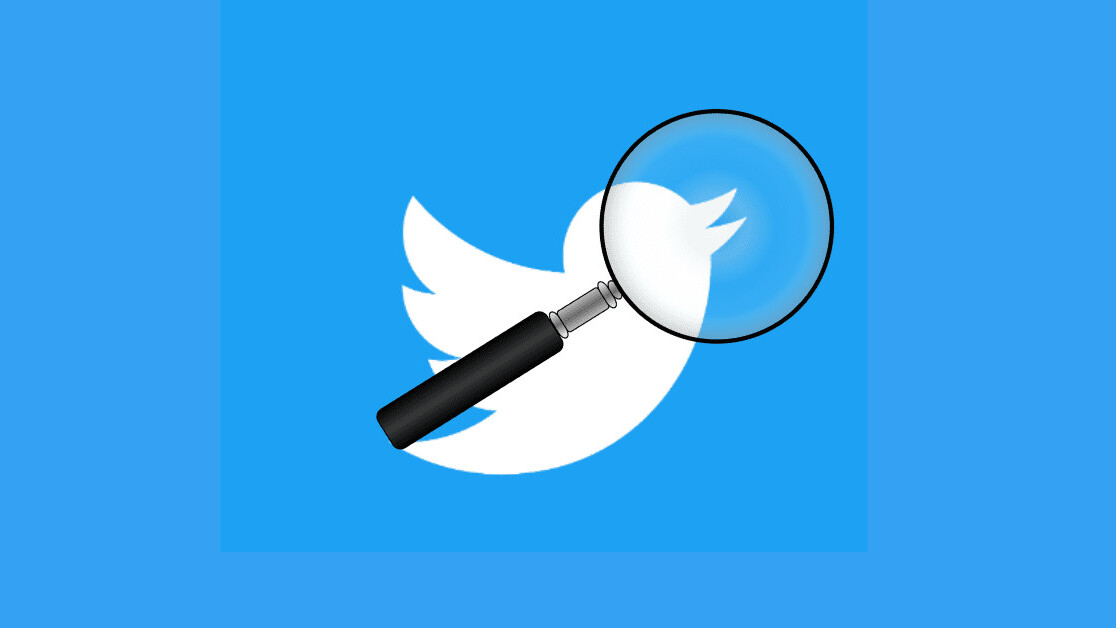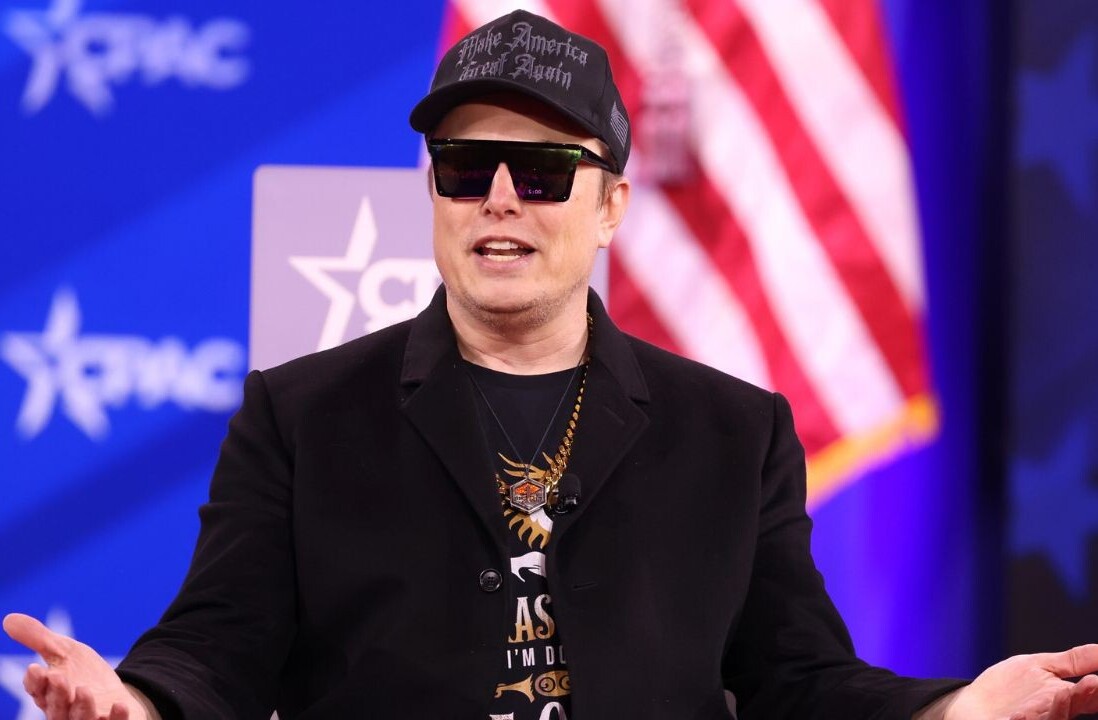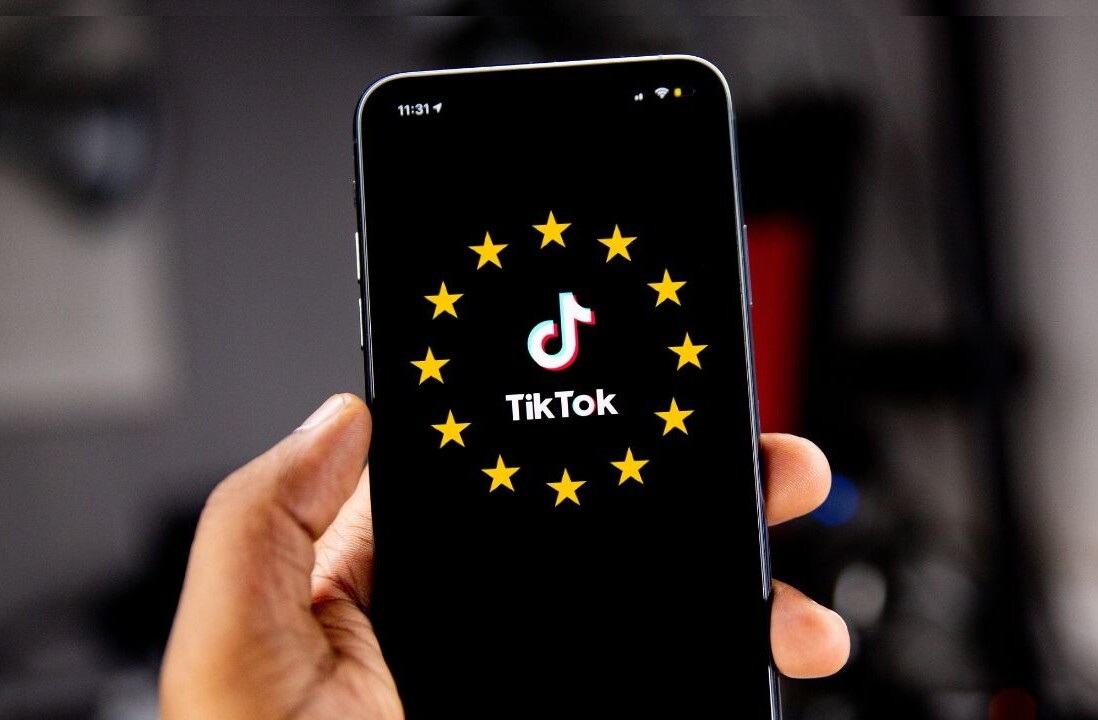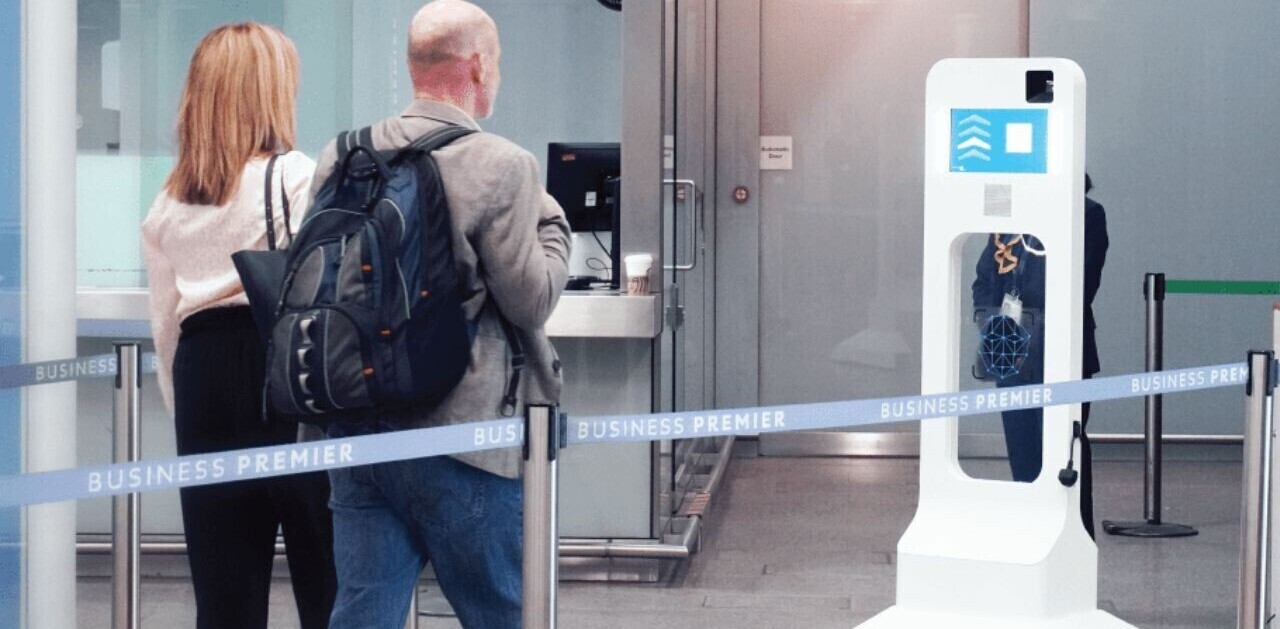
The 2016 election was a watershed moment for the spread of misinformation online, so social networks have been exploring ideas to prevent the same from happening again in 2020. Twitter’s latest test: labeling “harmfully misleading” tweets by politicians.
NBC News first reported on the leaked test, which Twitter confirmed. With the new feature, misleading tweets would be labeled with a bright orange warning. Tweets from verified fact-checkers and journalists are then shown under the labeled tweet. It’s also possible Twitter would include corrections from other users participating in a new crowdsourced “community reports” feature akin to Wikipedia.
Twitter told NBC the mockup is one of many: “We’re exploring a number of ways to address misinformation and provide more context for tweets on Twitter.” “Misinformation is a critical issue and we will be testing many different ways to address it.” The company says the demo is one of several that may roll out in the weeks to come. Twitter also recently banned deepfakes in an effort to fight misinformation.
NBC News reports that users could earn points and a “community badge” for providing context for misleading tweets. Community members are asked to rate a tweet as “likely” or “unlikely” to be harmfully misleading. Twitter then asks them to rate what percentage of community members they believe would answer the same on a scale of 1 to 100. “The more points you earn, the more your vote counts,” according to the demo.

In one example, Bernie Sanders claimed forty percent of guns in the US are sold without background checks. Beneath the orange “harmfully misleading” label, you can see community members – denoted by a green shield next to their names – providing corrections and context. Specifically, that quote was based on a 1997 study, and modern studies show the correct figure to be 22 percent. There are further examples from other political figures.
While crowdsourced information sources are subject to their own problems – nefarious Wikipedia edits come to mind – this seems like a step in the right direction for Twitter. While the platform is sometimes known for rampant spread of misinformation – the US Commander in Chief – it also hosts a wide range of journalists and fact-checking organizations retaliating. A little more truth on the internet could go a long way.
Get the TNW newsletter
Get the most important tech news in your inbox each week.




